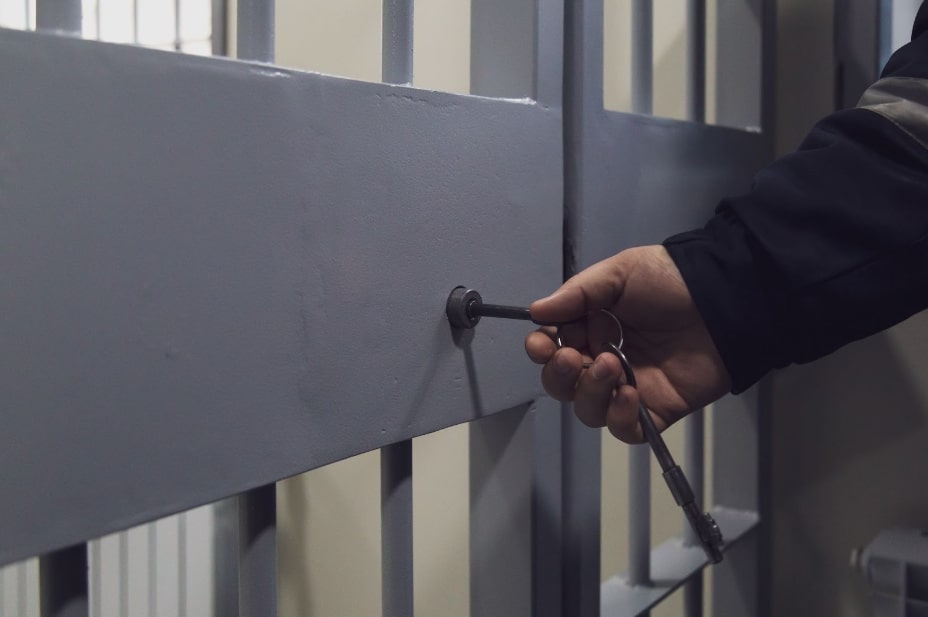The struggle between the victims of cruise ship accidents and cruise lines has been one our maritime attorneys have long been battling. Although several passengers and crew members have suffered injuries, crimes, illnesses, and a slew of other injustices while on the high seas, cruise companies have historically and notoriously evaded taking responsibility for the pain and suffering of those who have been wronged while traveling onboard their vessels.
Because many accidents and injuries on cruise ships are the result of the company’s negligence, lines know that they can be held accountable for incidents and may be forced to pay high costs in damages to victims and their loved ones. As a result, cruise lines often register their ships in foreign flag of convenience countries to avoid more stringent regulation. Foreign countries often fail to properly investigate incidents and seldom communicate results of a case with U.S. authorities, leaving cruise lines to escape governmental consequences for their negligence. They also include confusing fine print in their cruise contracts that guard them against liability to victims.
When victims of cruise accidents are crew members, the lines appear to work extra hard at concealing facts and try to avoid upholding the seafarer’s rights by forcing the crew members into arbitration, where the line can settle for less, as opposed to taking the case to trial, where the victim has a higher chance of obtaining the maximum recovery for their suffering.
Crew members are injured time and time again while in the service of their vessels, but rarely do they obtain the justice they deserve. And when the worker dies as a result of their injury or illness, things can get even uglier between cruise lines and surviving relatives.
One widow is in the midst of learning exactly how much of an uphill battle she has to climb to obtain any sort of compensation for the death of her husband, a former cruise ship captain, who died while traveling with the same cruise line he and his wife had worked for.
Tore and Sue Myhra “met and fell in love” on board a Royal Caribbean ship in the 1980s. Their mutual love of the sea brought them together, but little did they know it would be that same commitment to the sea that would drive them apart forever.
In 2009, the couple was on vacation onboard a Royal Caribbean cruise when 57-year-old Tore became ill. Four days later, when the ship docked, he was taken to a hospital in Miami, where he died of Legionella, a bacterial disease he contracted while onboard the vessel.
The case is particularly striking, given that the Norwegian-born seafarer had been the master of several Royal Caribbean cruise ships until his resignation in 1999. Always putting the needs of his passengers and crew first, Myhra has even been commended for sailing into harbor at night so a sick passenger could receive emergency medical treatment in 1998.
Knowing very well that her husband was a revered captain, Sue Myhra finds it “ironic” that the company he dedicated his service to is the same company that is turning their back on his legacy.
When Myhra became ill on Oct. 28, 2009, he was traveling as a passenger, sailing with his wife and daughter onboard the Liberty of the Seas. The ship had been five days into its itinerary. But instead of providing him with the same care he had bestowed upon those onboard his vessels when he was captain, Royal Caribbean refused to have Myhra evacuated from the vessel, keeping him and his family onboard the ship until it reached the end of its itinerary and docked in Miami.
Once in port, the family took Myhra to a local hospital, but it was too late. He died on Nov. 1, the same day the ship returned to port.
The ex-cruise ship captain’s death was found to be Legionella pneumophila pneumonia, caused by the bacterial infection. Had Myhra been treated upon first exhibiting symptoms of illness, he might still be alive today. There are various treatments for the infection, which can lead to a quick recovery. However, if antibiotic treatment is delayed, the results may be fatal. This is exactly what happened to Myhra.
Now, after years of struggling to obtain compensation from the cruise line both she and her late husband had dedicated so many years to, Sue Myhra is left feeling betrayed.
“The company was everything to us,” said Mrs. Myhra, of Royal Caribbean.”It was where we met; it was our life – the place where we fell in love. We had so much affection for it all.”
Sue Myhra originally filed a case for damages against Royal Caribbean in Florida shortly after her husband’s death, but the case was dismissed last year. Myhra also lost an appeal against the court’s decision.
Mrs. Myhra also said she had pushed for an inquiry into her husband’s death, but as can be expected, Royal Caribbean moved to dismiss the case over clauses stipulated in its passenger contract.
Legionella is an extremely serious disease that must be treated immediately, and should not be present in an environment that is well maintained. Yet, another passenger onboard the same ship who traveled on a September 2009 itinerary also became ill with Legionella and also died as a result of the illness.
What does this say about Royal’s shipboard sanitation?
A CDC inspection later revealed that both victims had been infected with the same strain of the bacteria and “the only common source” that could link the two victims together was the Liberty of the Seas vessel.
Legionella favors moist environments and its transmission is airborne; it cannot be contracted from person-to-person contact. It mostly dwells within water supplies, such as a cruise ship pool or hot water system. And according to the complaint, Royal Caribbean failed to properly maintain its on-deck water system at the time of the two voyages in question, a negligent action that would have created the ideal breeding grounds for the Legionella bacteria.
Following her husband’s death, Mrs. Myhra did as several cruise ship passengers have done before her and filed the lawsuit in Miami, where all lawsuits against Royal are filed.
Yet, the case did not end well for the widow.
Royal tried to have the case dismissed through what is known as a “forum selection clause,” on the grounds that because Sue Myhra booked the cruise through a UK-based travel agency called 1st4Cruising, as per the cruise passenger ticket contract, the case should be brought in the UK, not in the U.S.
Myhra’s lawyers argued that the unfair fine print was not explained to Myhra at the time of booking through the agency, but even if they had been, because the UK adopted the Athens Convention, the clause violated 46 U.S.C. section 30509(a).
The Athens Convention declares a carrier (in this case a cruise line) liable for damages or loss suffered by a passenger if the incident occurred while on the course of the itinerary and due to the fault or neglect of the carrier (in this case Royal Caribbean). However, unless Royal acted with intent to cause harm or damage or had knowledge that such an incident would result, the line can limit its liability. When the incident involves a personal injury to a passenger – even death – the liability is set at 46,666 Special Drawing Rights (SDR) per carriage, or a maximum of approximately $75,000. Myhra’s lawyers argued that this violated the 46 U.S.C. section 30509(a), which prohibits cruise companies that travel between ports in the U.S., or between a port in the United States and a port in a foreign country, from including a clause in the contract which limits their liability.
However, the Eleventh Circuit held that 46 U.S.C. section 30509(a) was not violated because it wasn’t Royal limiting its liability, but rather, it was the UK itself which provided limited damages, and by transferring the case to the UK, no such violation occurred.
Sadly, these redundancies occur time and time again when a cruise line is accused of negligence. Companies will look to every possible fine print to find a way out of taking responsibility for their actions, and sometimes, they get away with it.
Royal Caribbean succeeded at placing the blame for Myhra’s death on someone else’s hands. Although it could have easily settled with the victim’s family, especially after the countless years of dedicated and exemplary service Captain Myhra provided to the cruise company.
All Sue Myhra wanted was for her husband to be treated with the same care he showed to other Royal Caribbean cruise passengers and crew members. Unfortunately, Royal, a multimillion-dollar company whose president, Adam Goldstein, earned over $12 million in 2010, deemed that despite both of the Myhras’ services to the line, it wasn’t worth providing the family with at least some semblance of justice by settling in the U.S.
The case of the Estate of Tore Myhra v. Royal Caribbean Cruises, Ltd., Case No. 10-15840 (11th Cir. Sept. 21, 2011) and its subsequent appeal have now joined the ranks of several other sad cases in which victims have been denied their rightful benefits by negligent cruise companies and in which the true sense of the law was miscarried.
Yet, this incident should not discourage victims from obtaining help with maritime attorneys for the injustices that have been done to them while in the care of cruise ship companies. There are many times in which victims obtain damages for their pain and suffering, and neither passengers nor crew members should forsake their legal right to file a claim. Cruise lines are often found negligent of wrongdoing and have been ordered to pay millions of dollars in damages to victims. Lines are responsible for the protection of those onboard and when that protection is compromised, they can – and usually are – held accountable.
Photo Credit: Former cruise ship captain Tore Myhra – www.bbc.co.uk
Published on April 25, 2013
Categories: Cruise Ship Injuries, Cruise Ship Law, Maritime Wrongful Death, Royal Caribbean Cruises
Get Free
Consultation










